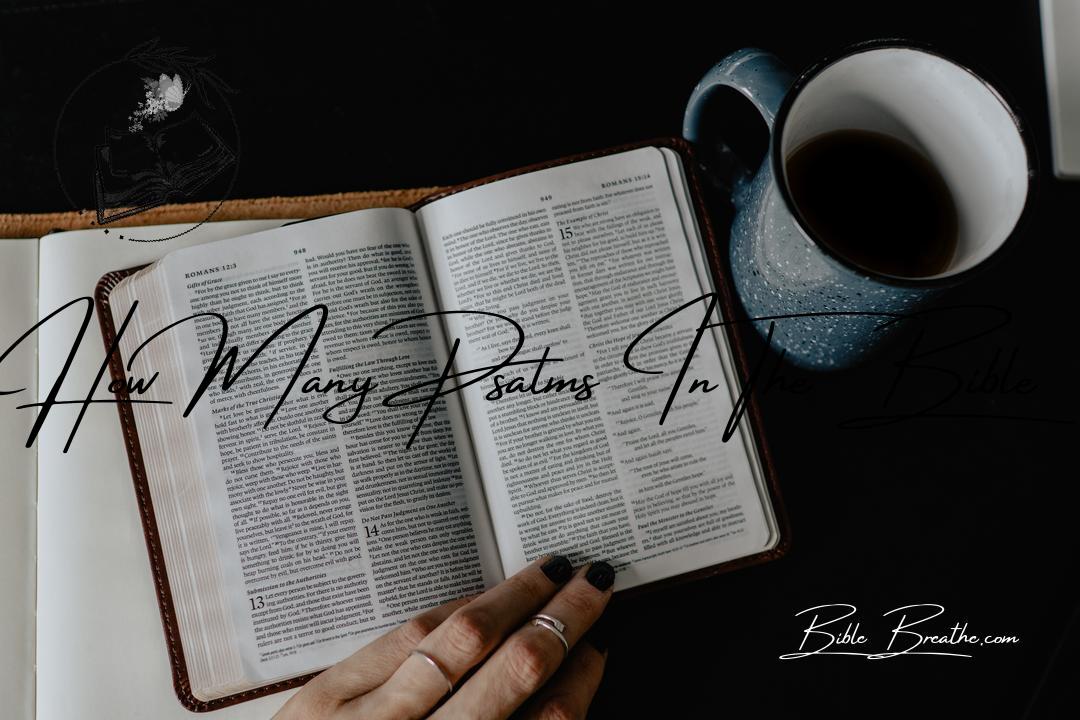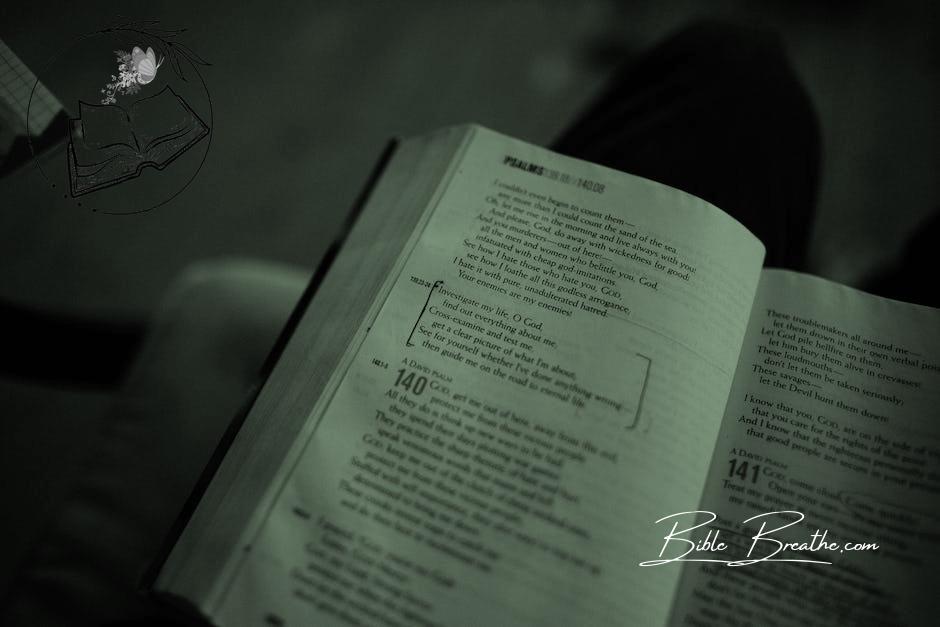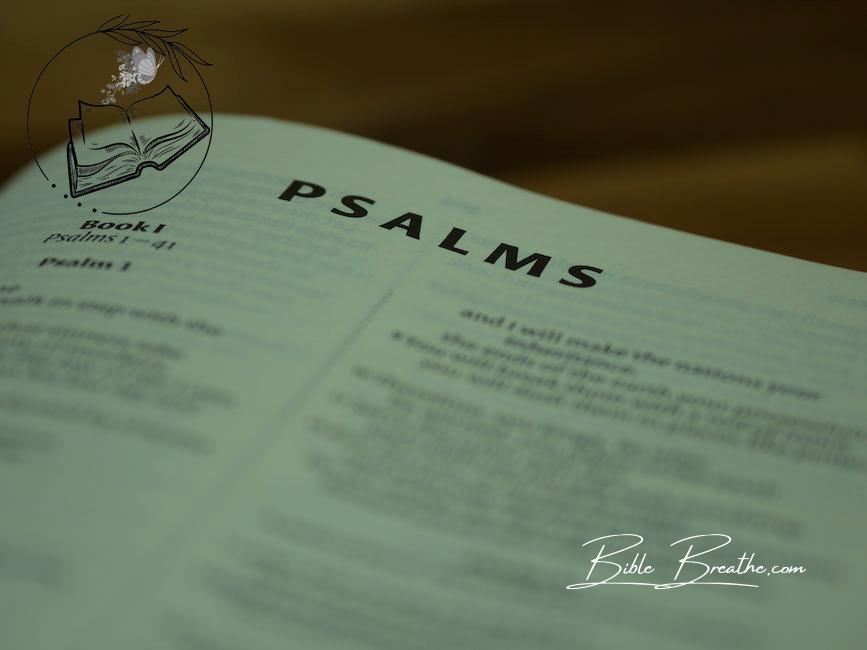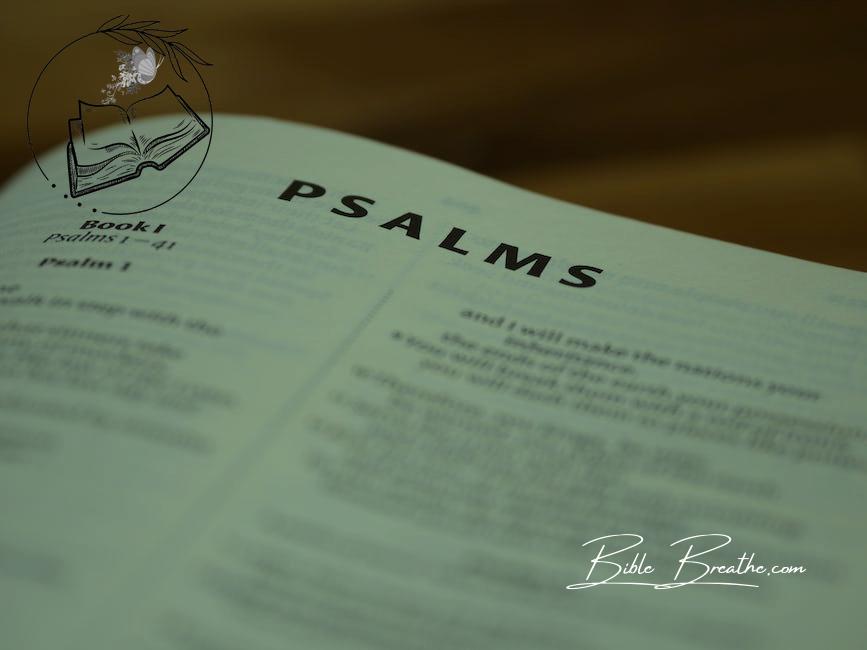How many Psalms in the Bible?
Well, it’s like having a playlist of heart-to-heart conversations with the Divine.
Imagine King David strumming his harp, pouring his soul into biblical songs.
These Psalms are more than words; they’re like spiritual hits on the charts of life.
Let me break it down for you: Psalms are the ultimate worship songs, where you find both tears and triumphs.
It’s like reading a diary of spiritual highs and lows.
Just like your favorite playlist can turn a bad day around, these Psalms can lift your spirit.
So, why are they vital?
Psalms are like your GPS for connecting with God.
They’re the spiritual hymns that guide you in prayer and reflection.
With Psalms, you’re never lost on your spiritual journey.
From praise to lament, they’re your roadmap to the Divine.
🌟
Key Takeaways
- The Book of Psalms, with its 150 individual psalms, holds enduring relevance in both religious and literary contexts. These poetic and lyrical expressions of praise, lament, and reflection continue to resonate with readers today, offering solace, inspiration, and a deep connection to spirituality.
- The Psalms play a crucial role in understanding biblical history and spirituality. They provide a unique window into the hearts and minds of ancient Israelites, reflecting their diverse experiences, emotions, and interactions with God. As a result, the Psalms offer valuable insights into the spiritual journey of humanity across different historical periods.
- Each psalm in the Book of Psalms is a distinct expression of faith, ranging from songs of joy and thanksgiving to cries of anguish and supplication. This diversity allows readers to relate to a wide range of human experiences and emotions, making the Psalms a timeless source of comfort and inspiration.
- Studying the Psalms enhances our understanding of the development of biblical poetry, worship, and theology. It reveals the rich tapestry of religious thought and practice in ancient Israel and serves as a foundation for the Judeo-Christian tradition.
- In summary, the 150 psalms in the Bible hold a unique and enduring place in literature and spirituality. Their ability to connect with the human condition and provide insights into biblical history makes them a timeless and valuable resource for readers seeking to deepen their understanding of faith and spirituality.
The Harmonious Ensemble of Psalms: Let’s Count the Notes
Photo modified by BibleBreathe.com. Original photo by Kelly on Pexels
Psalms, oh Psalms!
They’re like the soulful tunes of the Bible, each carrying a unique melody of emotions, prayers, and reflections.
A Musical Masterpiece: The Book of Psalms
Think of the Book of Psalms as a treasure chest filled with spiritual melodies, a collection of heartfelt poems that flow straight from the souls of believers.
It’s akin to a grand symphony, where each psalm is a distinct musical note, coming together to create a harmonious symphony of worship and contemplation.
The Birth of the Psalms
Now, the Psalms weren’t written during a single recording session.
No, they were composed over centuries, a beautiful collaboration of poetic hearts inspired by their faith and life experiences.
Picture it as a timeless orchestra where King David, a masterful lyricist, plays a central role.
His words strike chords of devotion, lamentation, and jubilation.
“Make a joyful noise unto the LORD, all ye lands. Serve the LORD with gladness: come before his presence with singing.” – Psalm 100:1-2 (KJV)
David: The Psalmist King
Imagine King David as the lead vocalist, pouring his heart out to God through these songs.
It’s as if every psalm is a verse in the ballad of his life.
His experiences, struggles, triumphs, and even moments of despair resonate through these verses, inviting us to join the chorus of faith.
The Multifaceted Nature of Psalms
The Psalms are not a one-note tune; they are a symphony of emotions and spiritual encounters.
From worship to lamentation, from pleas for help to shouts of joy, they cover the full spectrum of human experience.
In this spiritual songbook, we discover:
-
Worship: Psalms that lift us up, exalting and adoring the Almighty, much like a heartwarming melody.
-
Lamentations: The soulful blues of the Bible, where hearts pour out their anguish and seek solace in the divine.
-
Praise: Energetic tunes of gratitude and celebration, an upbeat rhythm of acknowledging God’s goodness.
“O come, let us sing unto the LORD: let us make a joyful noise to the rock of our salvation.” – Psalm 95:1 (KJV)
So, here’s the count: there are 150 psalms in the Bible, each resonating in the hearts of believers through generations, creating an everlasting concert of faith.
The Harmonious 150 Psalms
Photo modified by BibleBreathe.com. Original photo by Karolina Grabowska on Pexels
Psalms, my friends, they’re like the soulful rhythm that pulses through the Bible’s veins.
Imagine a grand musical score, and in it, you’ll find these 150 poetic gems.
Counting the Psalms
Now, when you flip open the Bible’s treasure chest and dive into the Book of Psalms, what do you find?
A splendid collection of 150 poetic masterpieces!
These verses, well, they’re a mix of King David’s heart-spill, hymns of praise that’ll make your heart sing, cries that echo in the chambers of lamentation, and reflections that touch the depths of your soul.
Think of this as the Old Testament’s hymnbook, and each psalm, it’s a unique note in the divine melody.
They’re like a symphony of worship and self-discovery, painting the vast canvas of human emotions and the heights of spiritual awakening.
A Symphony of Variations
But here’s the thing, like different renditions of a classic song, there are variations.
You might pick up various versions of the Bible, and guess what?
They might arrange these psalms a tad differently.
Some might group them together or split them apart, but the heart and soul of these heavenly verses, they remain constant.
“Sing unto him, sing psalms unto him, talk ye of all his wondrous works.” – 1 Chronicles 16:9 (KJV)
Each psalm, like a distinct note in a grand composition, serves a unique purpose.
Whether you’re in the mood for jubilant praise or seeking solace in quiet, heartfelt prayers, the Psalms, my friends, they’ve got you covered on this soulful journey of faith.
🎶
The Psalmic Orchestra: Counting the Beautiful Notes
Photo modified by BibleBreathe.com. Original photo by Brett Jordan on Pexels
Ah, the Book of Psalms, what a masterpiece!
Picture it as a musical extravaganza where different music genres blend seamlessly, captivating the hearts of the audience.
Unveiling the Symphony of Psalms
Think of the Book of Psalms as a spiritual playlist, with each psalm being a unique track, resonating with various emotions and themes.
It’s like a concert where King David, the chief composer, conducts an ensemble of praise, lament, thanksgiving, royalty, and wisdom.
Praise Psalms: The Joyful Opener
Imagine the Praise Psalms as the grand opening act of this spiritual concert.
They set the stage, inviting everyone to join in joyful praise and adoration, just like the thrilling start of a magnificent show.
“Make a joyful noise unto the LORD, all ye lands. Serve the LORD with gladness: come before his presence with singing.” – Psalm 100:1-2 (KJV)
Lament Psalms: The Soulful Blues
As the concert unfolds, we encounter the Lament Psalms, reminiscent of the blues, expressing sorrow, anguish, and heavy hearts.
It’s the segment of the concert where we acknowledge our pain and seek solace.
Thanksgiving Psalms: The Grateful Ballad
Following the Lament Psalms, we have the Thanksgiving Psalms, much like a heartfelt ballad.
They’re the notes of gratitude, a song of thanksgiving for the countless blessings showered upon us.
“O give thanks unto the LORD; for he is good: for his mercy endureth forever.” – Psalm 136:1 (KJV)
Royal Psalms: Majestic Melodies Fit for Kings
Next, the Royal Psalms take center stage, majestic and powerful.
These are tunes of royalty, celebrating the reign of God or earthly kings, painting a portrait of authority and might.
Wisdom Psalms: Melodic Counsel for Life
Lastly, we find the Wisdom Psalms, like the reflective tunes of an acoustic set.
They offer us timeless wisdom, akin to a wise sage imparting advice through music.
A Full Concert, A Deeper Message
So, how many Psalms in the Bible?
A delightful 150, each type a distinct melody, yet all harmonizing to create a spiritual symphony that has echoed through the ages.
Let’s take our seats, immerse ourselves in this soul-stirring concert, and let the psalmic music resonate in our hearts.
The Radiant 150 Psalms
Photo modified by BibleBreathe.com. Original photo by Brett Jordan on Pexels
Imagine, my friends, a vast anthology of 150 psalms.
In this cosmic collection, a few shine like dazzling stars in the night sky, each with its unique brilliance.
Yet, together, they light up the path of faith like a celestial constellation.
The Beloved Psalms
Now, let’s talk about the heavy-hitters—the psalms that have left their mark on countless hearts.
1. Psalm 23: The Shepherd’s Ballad
Psalm 23, oh, it’s a poetic masterpiece that wraps us in comforting arms.
It paints a vivid picture of God as our caring shepherd, leading us through life’s winding valleys and peaceful pastures.
It’s a melody that’s been the backdrop to countless believers’ journeys, a soothing balm for troubled hearts.
The Lord is my shepherd; I shall not want.” – Psalm 23:1 (KJV)
2. Psalm 121: The Guardian’s Anthem
Now, in Psalm 121, we find assurance in the ever-watchful eye of God, guarding us as we navigate life’s unpredictable terrain.
It’s a source of strength, a reminder of our divine shield.
“I will lift up mine eyes unto the hills, from whence cometh my help.” – Psalm 121:1 (KJV)
3. Psalm 138: The Gratitude Song
Psalm 138, it’s like a symphony of gratitude, resonating with a heart full of thanks and adoration for the Almighty.
It teaches us to celebrate God’s unwavering goodness, a lesson in gratitude that stands the test of time.
“I will praise thee with my whole heart: before the gods will I sing praise unto thee.” – Psalm 138:1 (KJV)
Beyond the Pages
But these psalms, my friends, they don’t stay confined to the pages of an ancient book.
No, they come alive in our religious gatherings, becoming anthems of worship and praise.
In our quiet moments of reflection, they guide us through the highs and lows of life, echoing the very essence of our human experience and offering a spiritual compass.
In our hearts and in our congregations, these psalms blend harmoniously with our joys and sorrows, hopes and fears.
They embody the core of our faith, reminding us that across centuries, the human soul has sought solace and a deep connection with the divine.
“Let everything that hath breath praise the Lord. Praise ye the Lord.” – Psalm 150:6 (KJV) 🌟
Frequently Asked Questions (FAQs) About How Many Psalms In The Bible
Why are there different numbers of Psalms in various Bibles?
The variation in the number of Psalms is due to differences in the organization of the Hebrew and Christian Old Testaments.
Hebrew Bibles count some Psalms differently, combining or splitting them, resulting in varying totals.
Christian traditions typically follow the Septuagint or Masoretic Text for Psalm numbering.
Who wrote the majority of the Psalms?
King David is traditionally believed to have written the majority of the Psalms, expressing his personal experiences and spiritual insights.
How are Psalms used in modern religious practices?
Psalms are extensively used in modern worship for prayers, hymns, and reflection.
They provide comfort, express emotions, offer praise, and articulate human experiences to deepen spiritual connections.
Many communities incorporate Psalms in liturgy, music, and personal devotions, employing their poetic verses as a means to connect with God.





